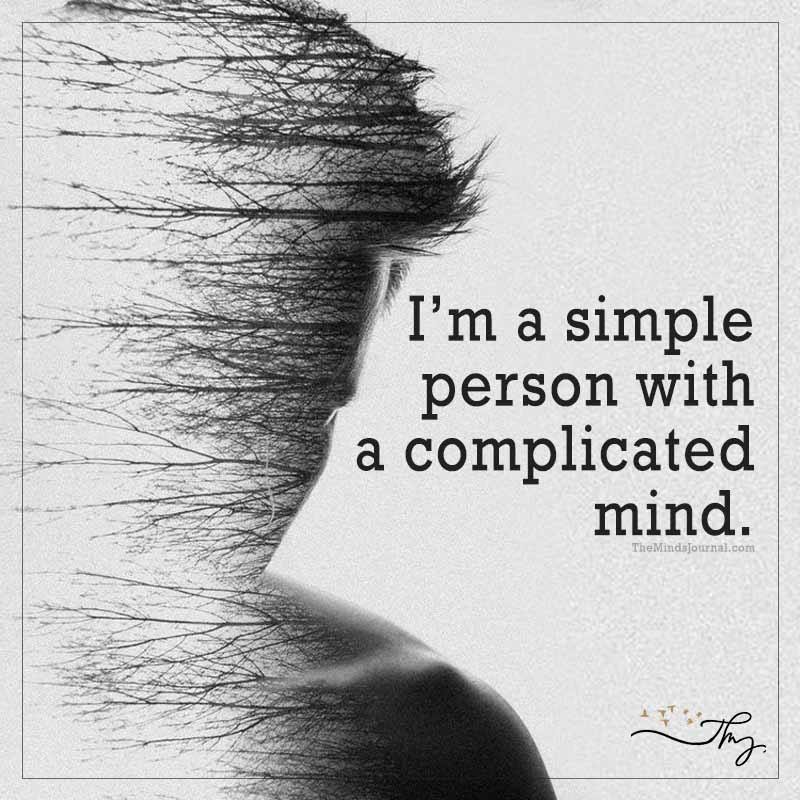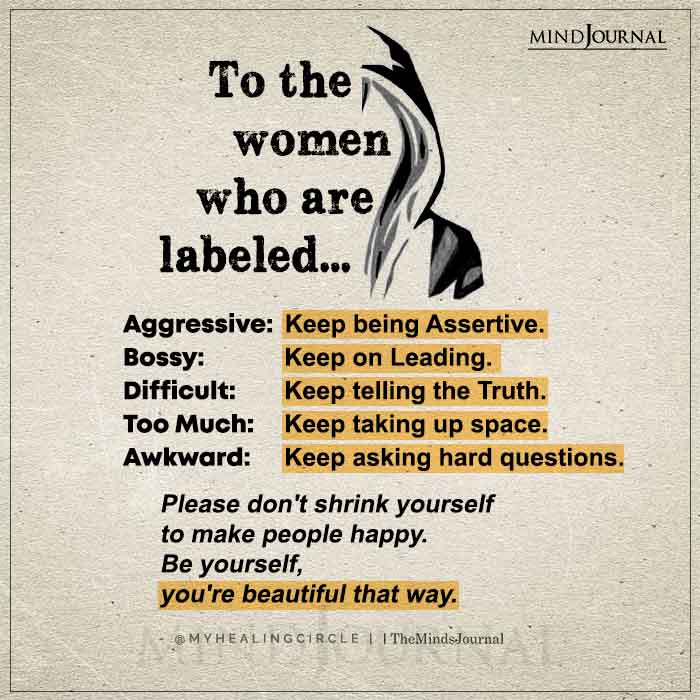Why are women so complicated? It’s a question that has plagued men for generations, and one that has led to countless misunderstandings and frustrations.
But what if we told you that the answer is not what you think? Let’s explore the real reasons why women may sometimes seem complicated, and how we can work to better understand and communicate with them.
Why are women so complicated?
Women are often perceived as complicated, fickle, and hard to understand. But is this really true? Are women really more complicated than men, or is it just a stereotype? While there are some complexities involved, there are also many simplifications and misunderstandings at play.
Here are some of the reasons why women may seem complicated:
1. Individuality and diversity
Just like men, women are individuals with unique personalities, experiences, and perspectives. Attempting to generalize the complexities of an entire gender oversimplifies their rich diversity.
Recognizing and appreciating the uniqueness of each woman is vital to understanding their complexity.

2. Biological and hormonal factors
Some of the perceived complexity of women stems from biological and hormonal factors. Women’s hormones fluctuate far more than men’s throughout the month with the menstrual cycle and at different life stages.
These hormonal shifts can impact mood, emotions, sexuality, and desires in complex ways that may seem unpredictable at times. Hormones like estrogen, progesterone, and oxytocin all play a role in driving behavior and personality in subtle but significant ways. This is why women are so complicated.
Related: Why Complicated Women Always Attract The Best Men
3. Societal expectations and pressures
Societal norms and expectations place a considerable burden on women, contributing to the perception of complexity. Women often juggle multiple roles and face unrealistic standards of beauty, behavior, and success.
Understanding the societal pressures they encounter provides insights into the complexities they navigate daily.
4. Emotional sensitivity and awareness
Women tend to score higher than men on measures of emotional intelligence and empathy. They are often more attuned to subtleties in tone, facial expressions, and nonverbal cues that communicate emotions.
While this emotional sensitivity helps women forge strong connections and nurture relationships, it can also make them appear overly emotional, sensitive, and reactive at times.
The same behavior in a man may be seen as rational and straightforward, while in a woman, it is labeled as emotional and complicated.
5. Different communication styles
Research shows that women and men tend to have different communication styles. On average, women use more descriptive language, qualify statements, and share feelings and opinions, while men’s speech tends to be more assertive, decisive, and goal-oriented.
What one gender sees as sharing and connecting, the other may interpret as wishy-washy or indecisive. These divergent styles sow misunderstandings that reinforce the “complicated woman” stereotype.
6. Contradictory desires and expectations
Women often wrestle with conflicting needs, roles, and priorities that men don’t face to the same extent. For example, women are expected to balance being nurturing caregivers with being ambitious professionals, sexy partners with reliable friends, and self-assured leaders with beautiful objects of desire.
What seems like indecisiveness or mixed signals may simply reflect the complexity of navigating these contradictory societal demands.
7. Cultural stereotypes and gender roles
If you have ever wondered why are women so complicated, then culture may be one of the most prominent reasons. The label of “complicated woman” is itself a cultural stereotype that shapes and distorts how we perceive and interpret women’s behaviors.
From an early age, girls are socialized to be compliant, people-pleasing, and sensitive to relationships, while boys are encouraged to be decisive, assertive, and independent.
These gender roles prime us to see women as more passive, irrational, and complex. We then confirm these stereotypes through selective perception and interpretation.
8. Different priorities and values
While men and women have many shared priorities, research suggests they differ in emphasis on certain values, particularly those relating to nurturing and status/achievement.
The priorities of connecting, caring for others and self-expression – which women tend to weigh more heavily – may seem less straightforward and rational compared to the conventional masculine values of accomplishment and advancement.
This clash in perceived value systems feeds the notion that women make more “complicated” choices. This is why women are so complicated.
Related: Why Most Men Like ‘Complicated Women’
9. Navigating multiple roles
Women frequently find themselves juggling multiple roles, such as professionals, caregivers, partners, and friends. Balancing these roles and the associated expectations can be challenging and may contribute to the complexity experienced by women.
Understanding and supporting women in these diverse roles is crucial for fostering empathy and reducing misconceptions.
Well, now you know why are women so complicated. But how can we better understand their complex mindset and personalities?

How to better understand women
Understanding women can be a complex and nuanced process, but there are some key strategies that can help.
Firstly, it’s important to recognize that women, like all human beings, are unique individuals with their own experiences and perspectives. This means that there is no one-size-fits-all approach to understanding women.
Here are some other key strategies on how to better understand women:
1. Listen actively and attentively
Pay attention to not just what they are saying, but also their tone of voice, body language, and other nonverbal cues. This can give you a better understanding of their emotions and perspective.
2. Avoid stereotypes
Recognize that women, like all human beings, are unique individuals with their own experiences and perspectives. Avoid making assumptions based on gender stereotypes.
3. Be aware of your own biases
Challenge any biases or assumptions you may have about women, and approach each woman as an individual.
4. Communicate clearly and honestly
Be willing to express your own emotions and thoughts in a clear and direct manner, while also being open to feedback and willing to listen to their perspective.
5. Ask questions
If you’re unsure about something, don’t be afraid to ask questions. This can help you gain a better understanding of the woman you are interacting with, and can also show that you value her perspective and input.
By following these strategies, we can work to better understand and communicate with women, and build stronger and more fulfilling relationships.
Related: 8 Ways The Girl With a Big Heart but Complicated Mind Loves Differently

Takeaway
Why women are so complicated? Well, now you know. While biology, hormones, socialization, communication styles, and conflicting pressures contribute to some degree of complexity for many women, broader cultural forces also play a significant part in overstating and oversimplifying female complexity.
The label of “complicated woman” is itself a societally perpetuated stereotype that distorts both feminine and masculine behaviors.
Rather than seeing women as inherently more complicated, a better approach is recognizing the unique pressures, expectations, and orientations that shape both female and male psychology.
With more empathy, openness and awareness on all sides, many perceived complexities may dissolve into simple matters of difference rather than deficiency.
By moving beyond restrictive gender roles, stereotypes and assumptions, we can see each other more clearly – and find more common ground than complication.



Leave a Reply